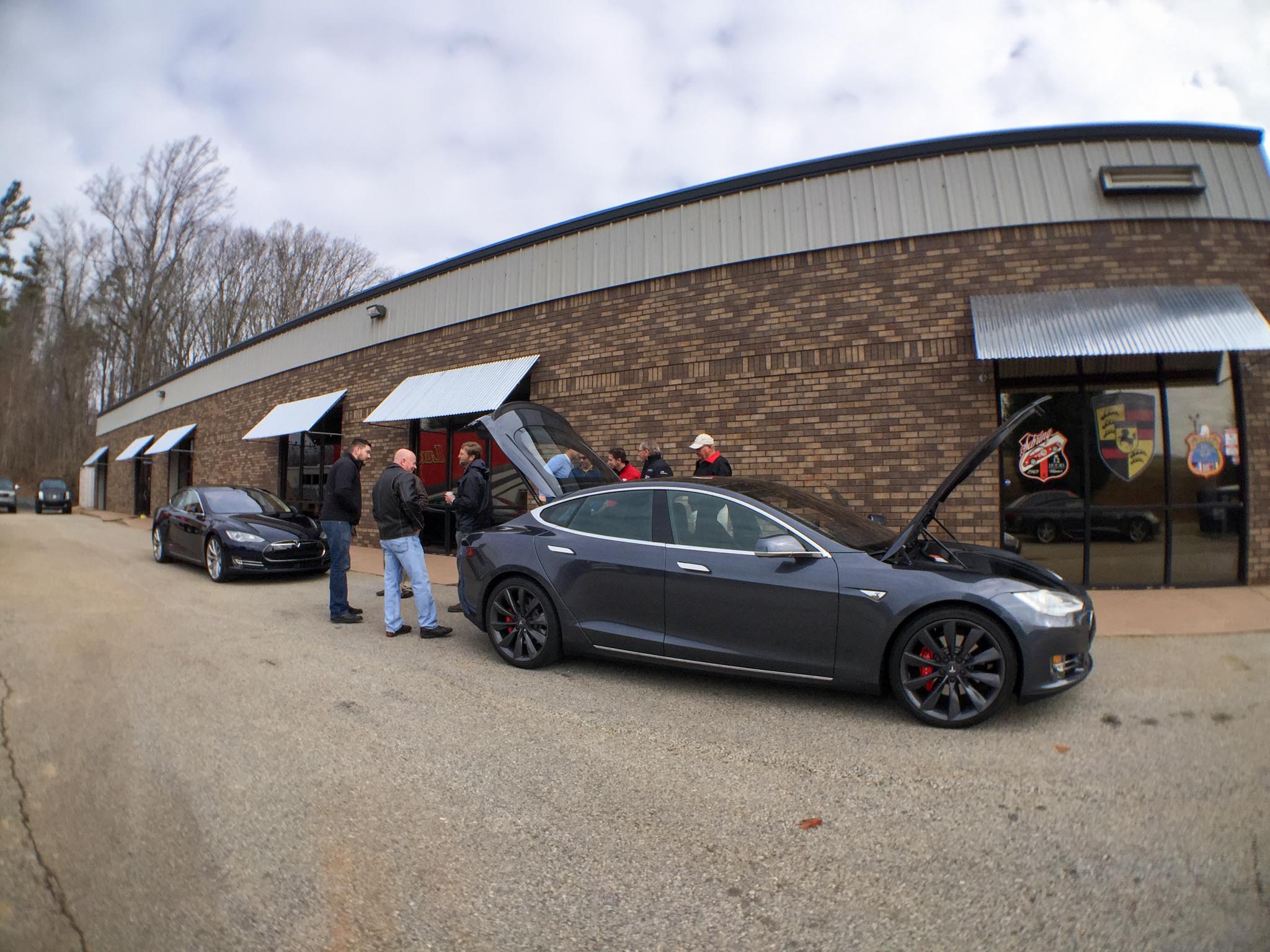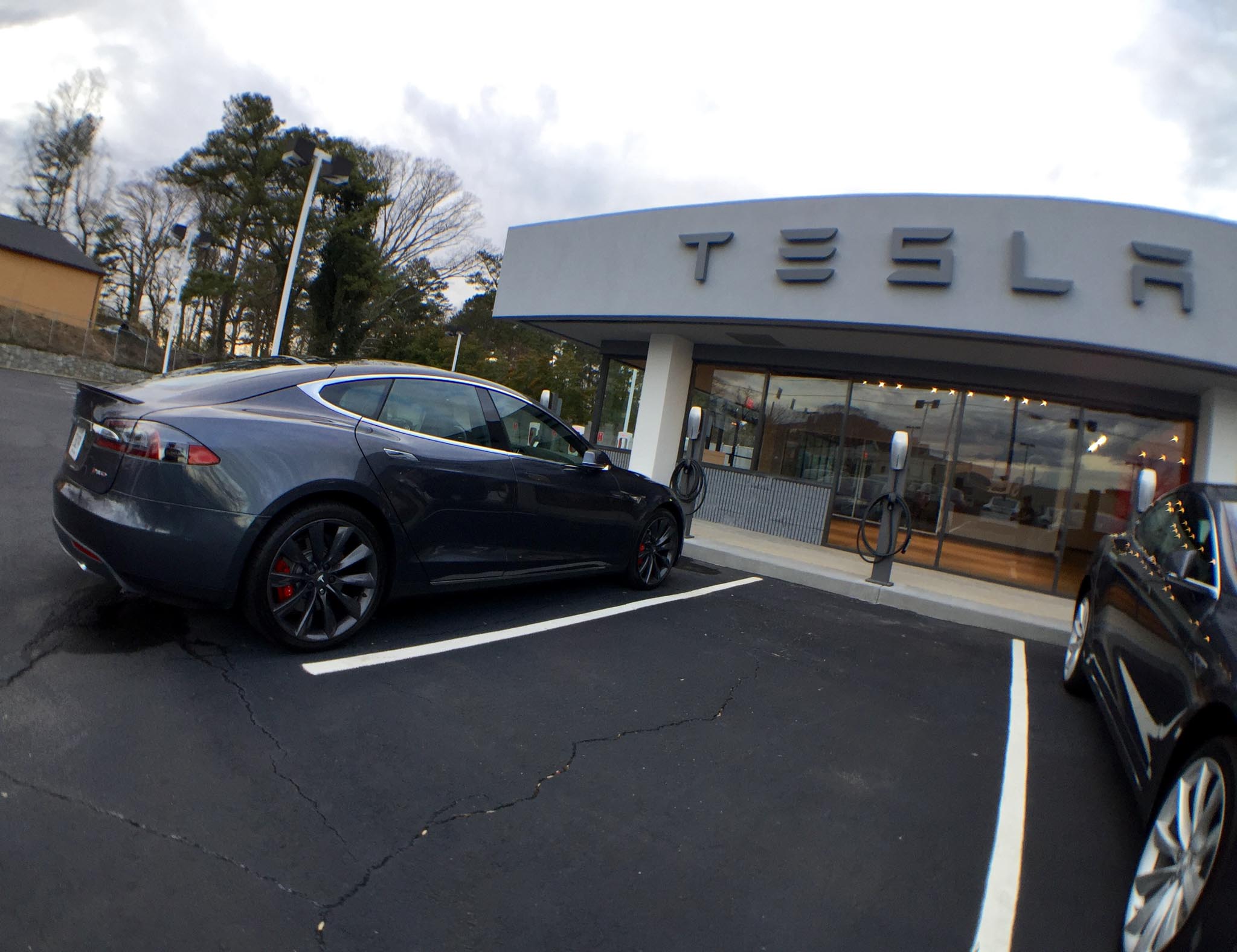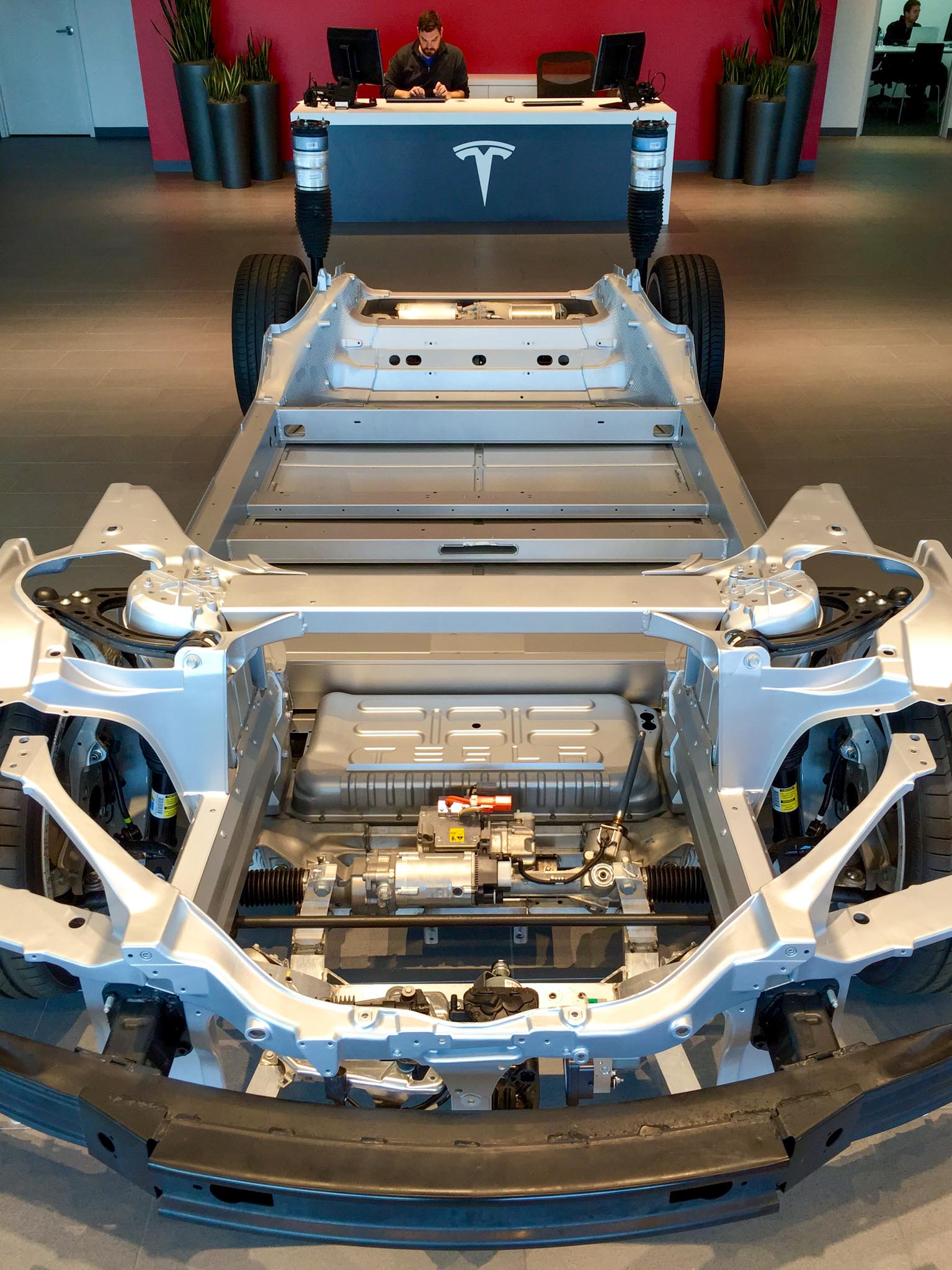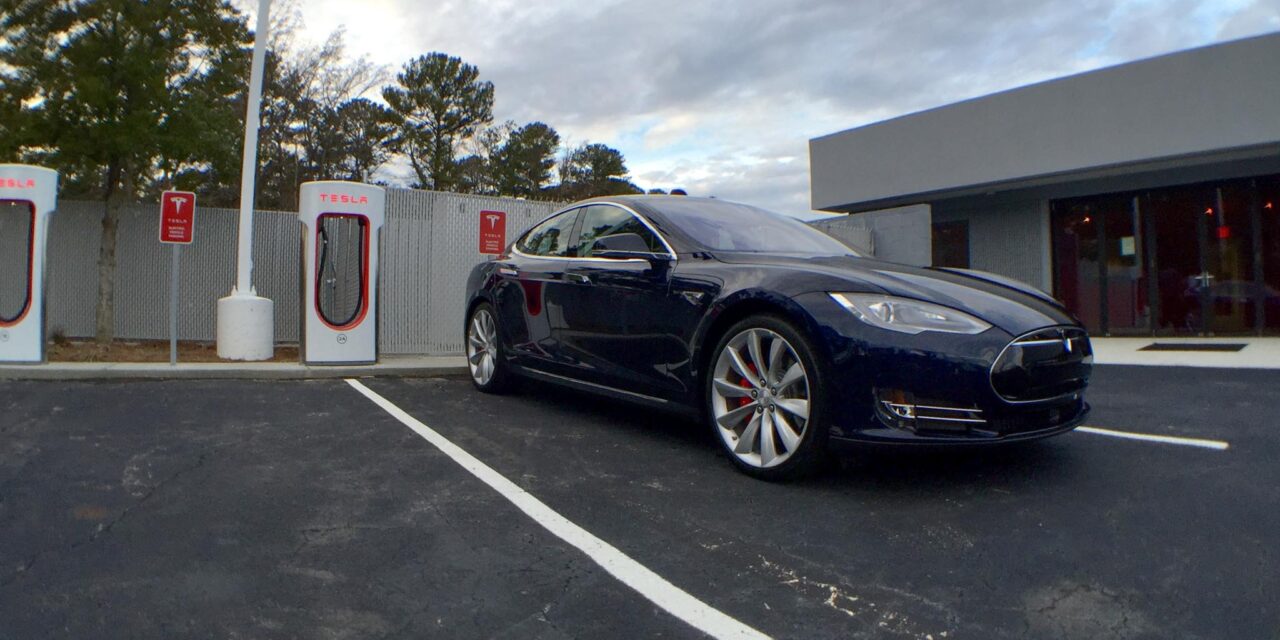This article from Autoblog shows some interesting data on the rates of full battery replacements on EVs. Overall, not many EVs have needed battery replacements. The percentages are low, which is good. But you also have to consider, EVs have not been around that long yet. We’re just kind of hitting that 10-year mark & starting to get real numbers in. So what’s gonna happen in the next 5 years or so? The data is starting to give hints.
If you eliminate larger-scale issues that resulted in recalls (the Chevy Bolt & Hyundai Kona EV), the 2 EV models with the most battery replacements are the Nissan Leaf, and the Tesla Model S. That’s likely because those are the two early EV models that have been on the road the longest.

Nissan Leaf data…
The percentage of battery replacements needed for a 2011 & 2012 Nissan Leaf is 8.3% & 3.5%. As you can see, that’s a big jump in failures as the Leaf starts to move post its 12th birthday. But does that indicate that batteries really start hitting their shelf life around that 12-year mark? Or does it just mean the 2011 Nissan Leaf had 1st-year issues?
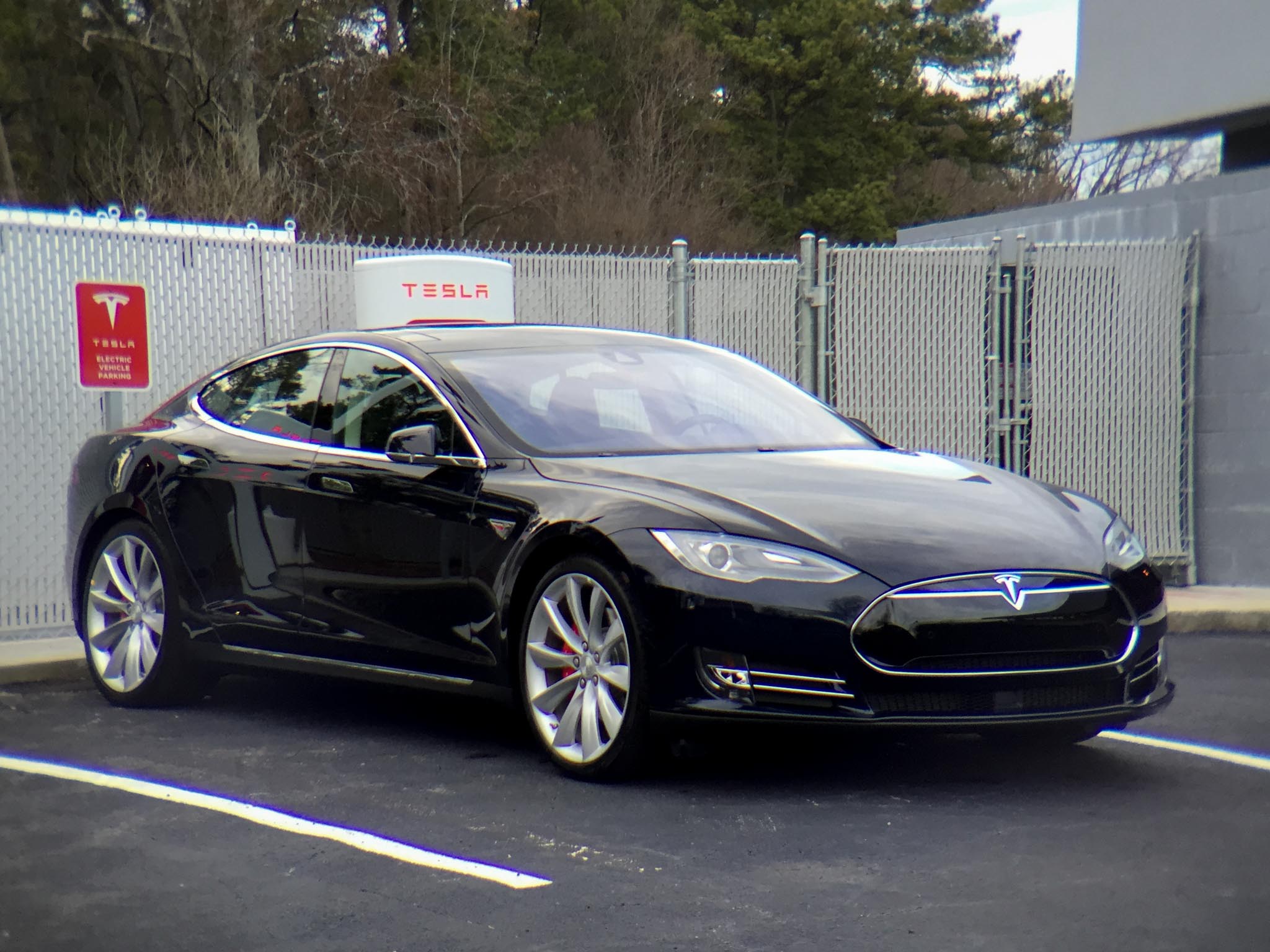
Tesla Model S data…
Turning our attention to the higher-end Tesla Model S, the battery replacements needed on a 2013, 2014, and 2015 Model S are 8.5%, 7.3%, and 3.5%. Again, just looking at the numbers, it seems the odds of failure start to rise significantly as you approach the 10-year mark. But it’s also plausible we can attribute those higher numbers of failure on the earlier year-models… to initial learning curves in tech & application? How significantly has the battery tech improved over the last 10 years?

And how does this affect the resale value of an EV as it approaches 10-years old.
A battery replacement can cost ~$20,000 or more. Who wants to buy a used EV, only to be holding a $20,000 hot-potato? Yes – internal combustion cars need maintenance as well – more of it. But the components are usually far less expensive, and there are more options on where/how to have repairs done.
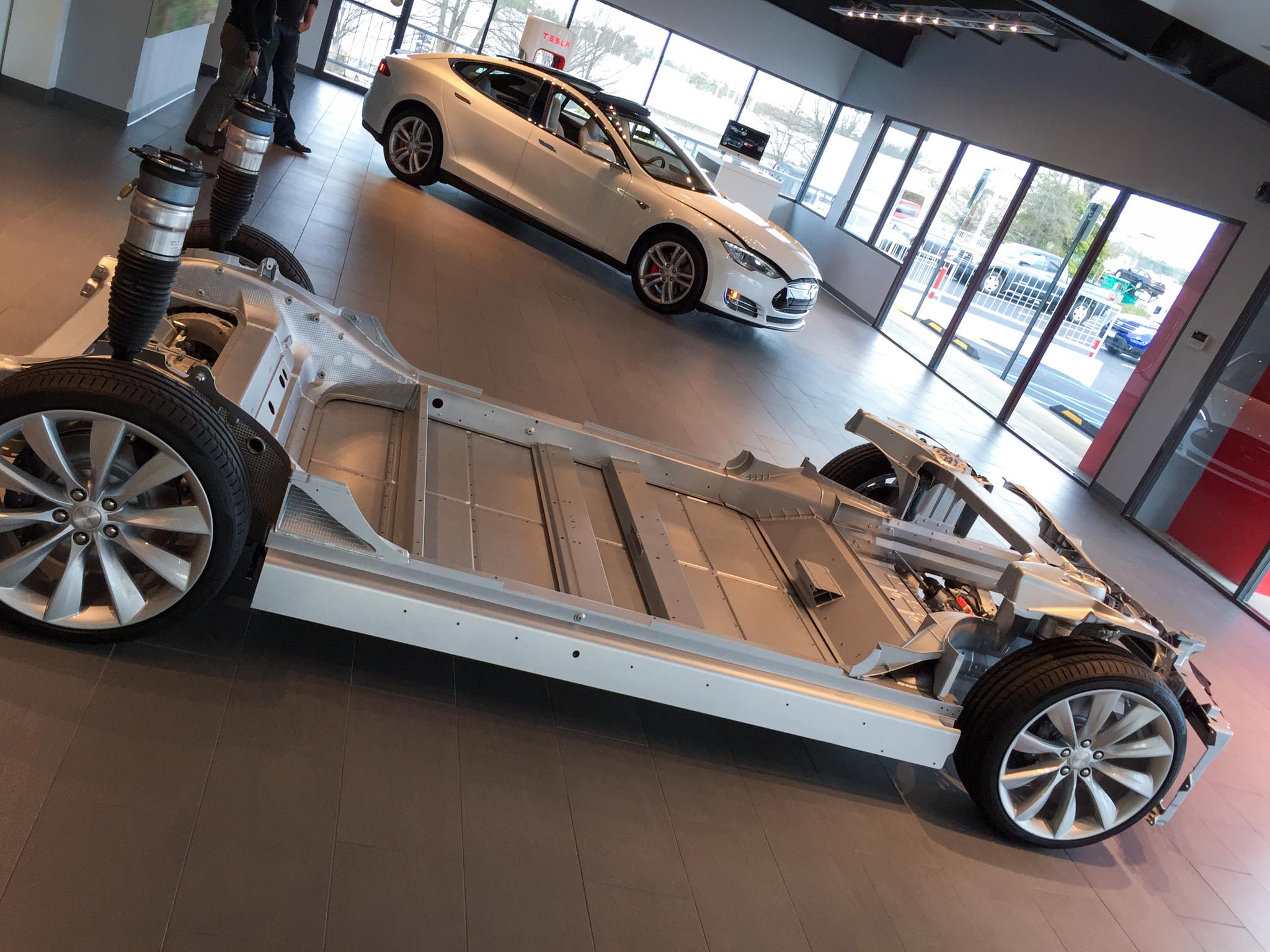
So is it fair to only expect about a 10-year lifespan out of an EV?
Maybe the more appropriate question is: Is it green or sustainable? Time will tell. But the truth is, there are so many variables at play – just as there are with internal combustion vehicles. In the case of EVs, how it’s been charged will affect its range & lifespan, as well as the environment/climate in which it was driven. But you have to consider that national dealerships like Carvana are constantly moving cars from the North to the South, from congested areas to rural, etc. ‘Where the batteries were made’ as well as ‘who made them’ will also factor into the equation. People naturally assume that the battery in a Ford EV (for example) was made by Ford. Not true. EVs like the Ford Mustang Mach E had battery manufacturer changes mid-production that the average car buyer probably wouldn’t be aware of. Buyer beware.
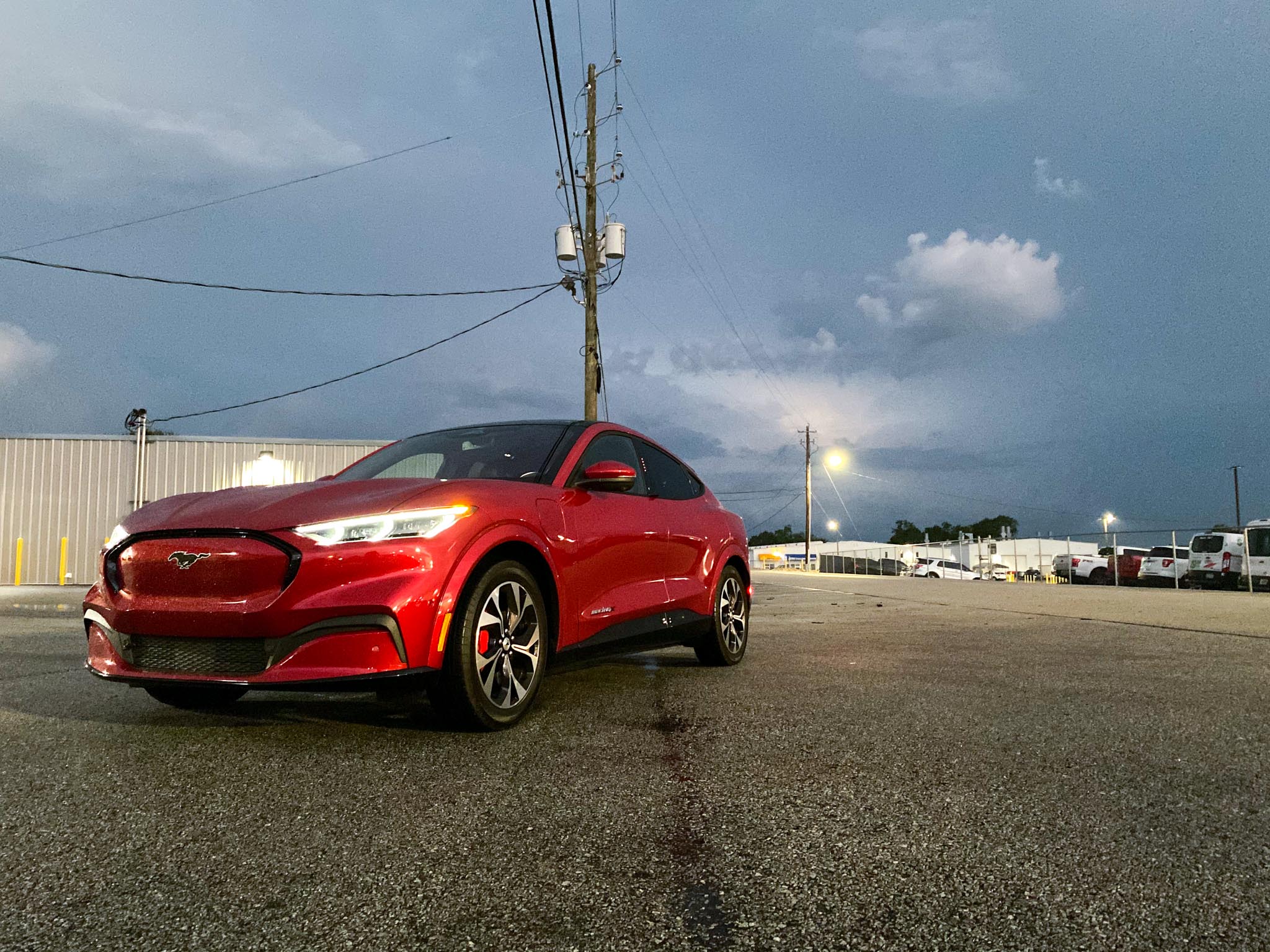
It’s interesting to hypothesize the future of EVs…
This is unchartered territory, but get your popcorn, because we’re gonna get to watch it play-out over the next decade – starting now. And it will have huge effects on the auto industry, car buying, car values, 2nd/3rd party ownership experience, freedom of travel, etc.
Right now, the thought of needing a battery replacement is a big, scary, expensive ‘what if’. But what if all that changes… and the costs come way down over the next decade, and/or the innovation improves to a point where batteries become virtually a non-wear item.
On the other hand – are we barreling towards a future where your car payment costs as much as your mortgage… and you don’t even own it? Nor would you want to, because these things become obsolete & worthless in short time. Is this a big play for wealth & power being made under the assumption/illusion/delusion that any of this is good for the environment? Are we going to have old ‘EV clunkers’ hogging all the charging stations in 15-years because they only get 70-miles of range on a good day… because they need a $20,000 battery replacement that’s financially out of reach?
As the data reads now, EVs should serve their owners pretty well for the first 10 years. At that point – who knows… we haven’t gotten there yet. But – it’s important to note that right now, the average age of cars on American roads is 12.5-years-old.
